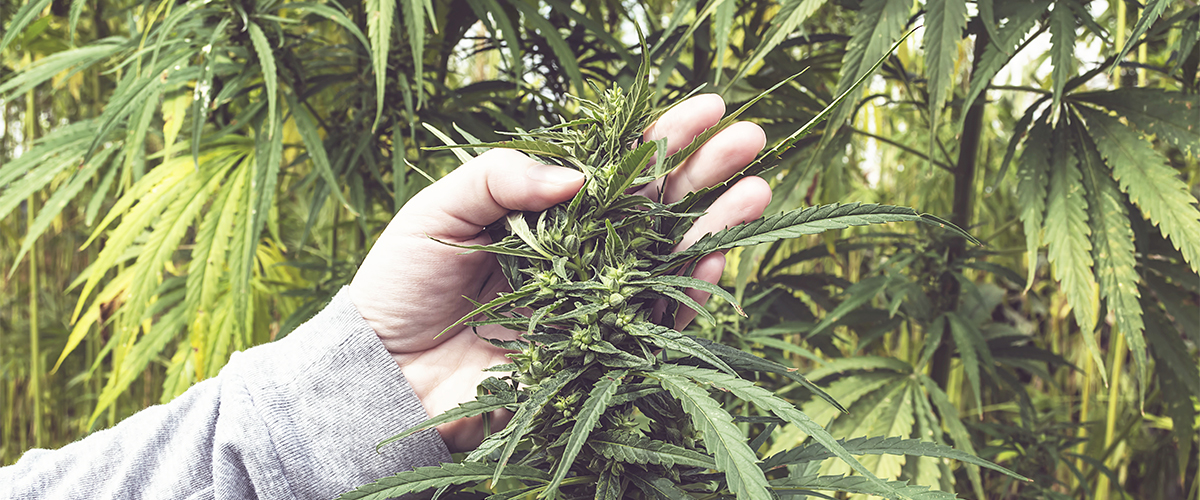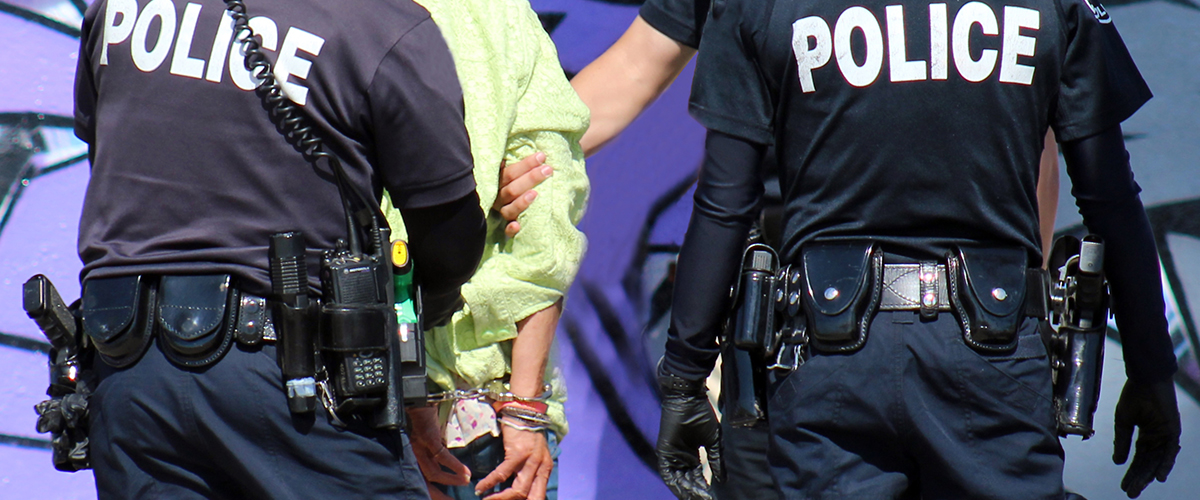Data recently published by the DEA show that the number of illegal cannabis plants seized dropped significantly over the past two years.
A new report from the Drug Enforcement Administration (DEA) reveals that seizures of indoor and outdoor marijuana grows in the United States fell nearly 40 percent between 2016 and 2017.
According to the DEA’s 2017 Final Domestic Cannabis Eradication/Suppression Program Statistical Report, the federal law enforcement agency and its partners seized over 3.38 million marijuana plants nationwide last year, a 37 percent decrease from 2016. The agency also reported that the number of arrests in conjunction with plant eradication efforts dropped 20 percent. It reported seizing $20.5 million in assets in 2017, a 60 percent reduction from the year before.
California, the nation’s leading state in illegal plant grows, saw its number of plant confiscations drop during the two-year period. Of all seizures in the U.S. in 2017, 72 percent occurred in California, where 2.45 million plants were seized. That total marks a 35 percent drop from 2016, when 3.78 million plants were seized. California voters legalized recreational marijuana possession, cultivation, and sales in 2016. Sales of legal marijuana started the first of this year.
Among several other states identified in the report as leading in overall marijuana plant confiscations, similar significant drops were reported. The DEA confiscated 472,927 plants in Kentucky, a 15 percent drop from 2016. West Virginia had 74,599 plants seized, marking a 40 percent reduction. In Tennessee, seizures were down 73 percent, with an estimated 34,646 plants confiscated in 2017.
A couple of the nation’s other leading states in 2017 saw increases between the two years. Plant seizures in Arkansas jumped up an incredible 93 percent between 2016 and 2017, with 62,323 outdoor and indoor plants seized. In Indiana, 6,658 plants were confiscated, a 5 percent increase from the year before.

End to Federal Prohibition Soon?
Expanding cannabis legalization in the U.S. likely plays a notable role in the drop of marijuana plant confiscations. While marijuana remains illegal under federal law and classified as a controlled substance, it has been legalized in some capacity in nearly 30 U.S. states.
With more than six in 10 American voters now in support of federally legalizing recreational marijuana, a bipartisan group of lawmakers have responded recently by introducing new legislation to either end cannabis prohibition nationwide or protect states that opt to legalize the substance.
Senate Minority Leader Chuck Schumer last month introduced a federal bill that would remove cannabis from the federal list of Controlled Substances, and in turn reduce punishments and encourage more states to legalize marijuana.
A federal bill that would remove hemp from the Controlled Substances Act and federally legalize commercial cultivation was introduced by Senate Majority Leader Mitch McConnell around the same time.
To protect states that have legalized marijuana, Sens. Cory Gardner and Elizabeth Warren recently crafted a bill that would prevent the federal government from interfering with state-legal operations.
Learn More
You can learn more about the cannabis laws in the U.S., including where you live, by visiting our education page. Regularly visit our news page to keep up with the latest efforts by lawmakers and advocates to legalize cannabis in the U.S. and internationally.






